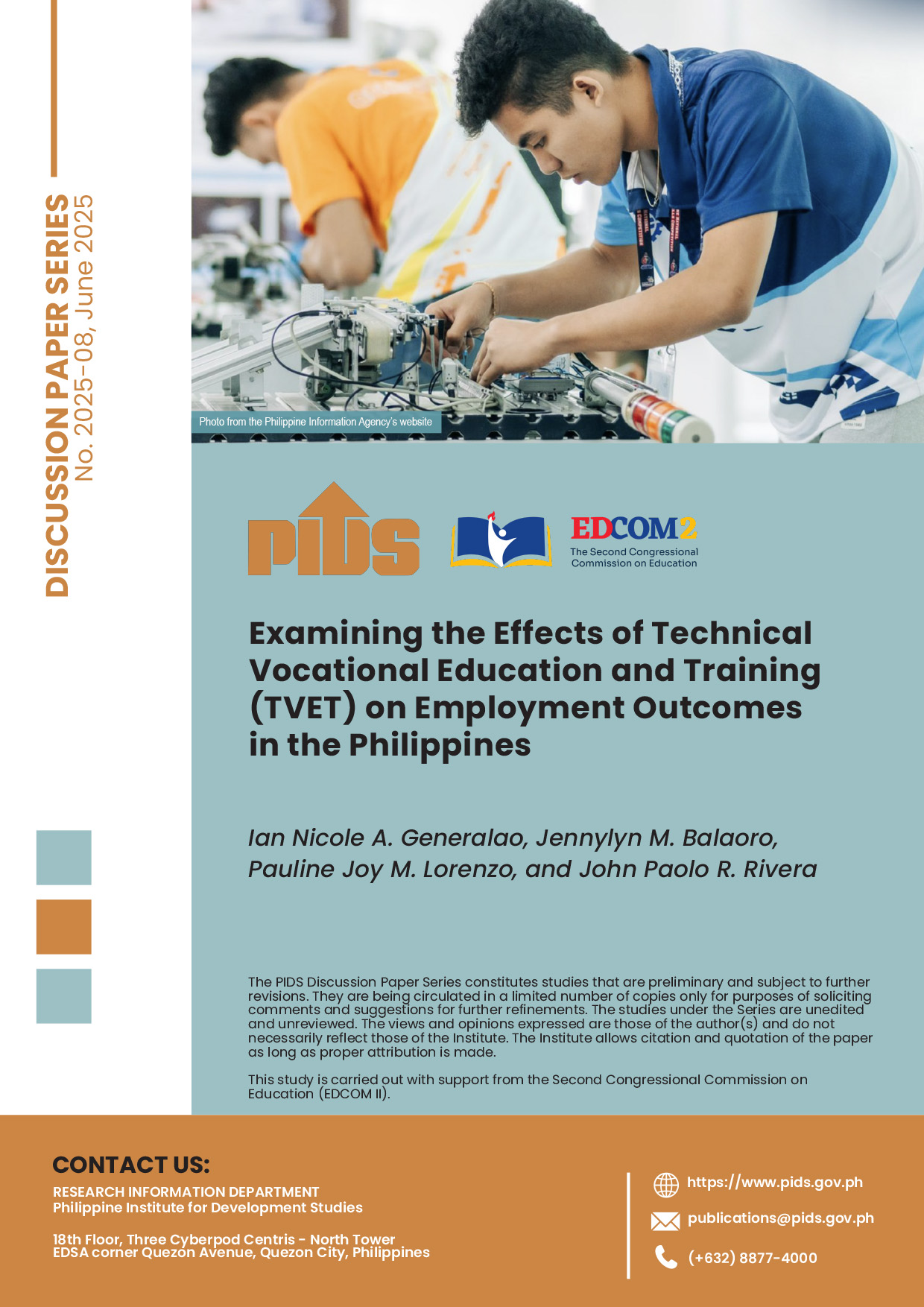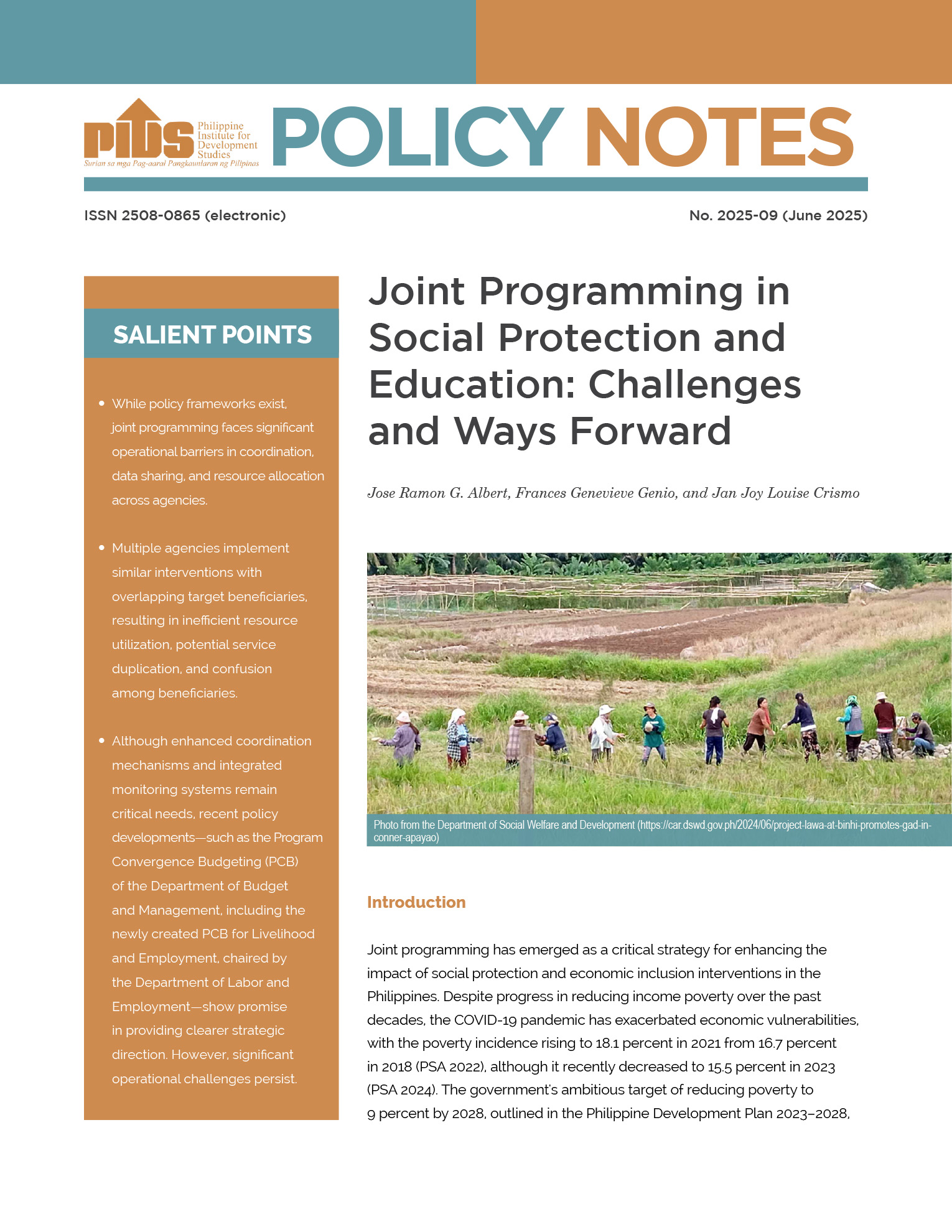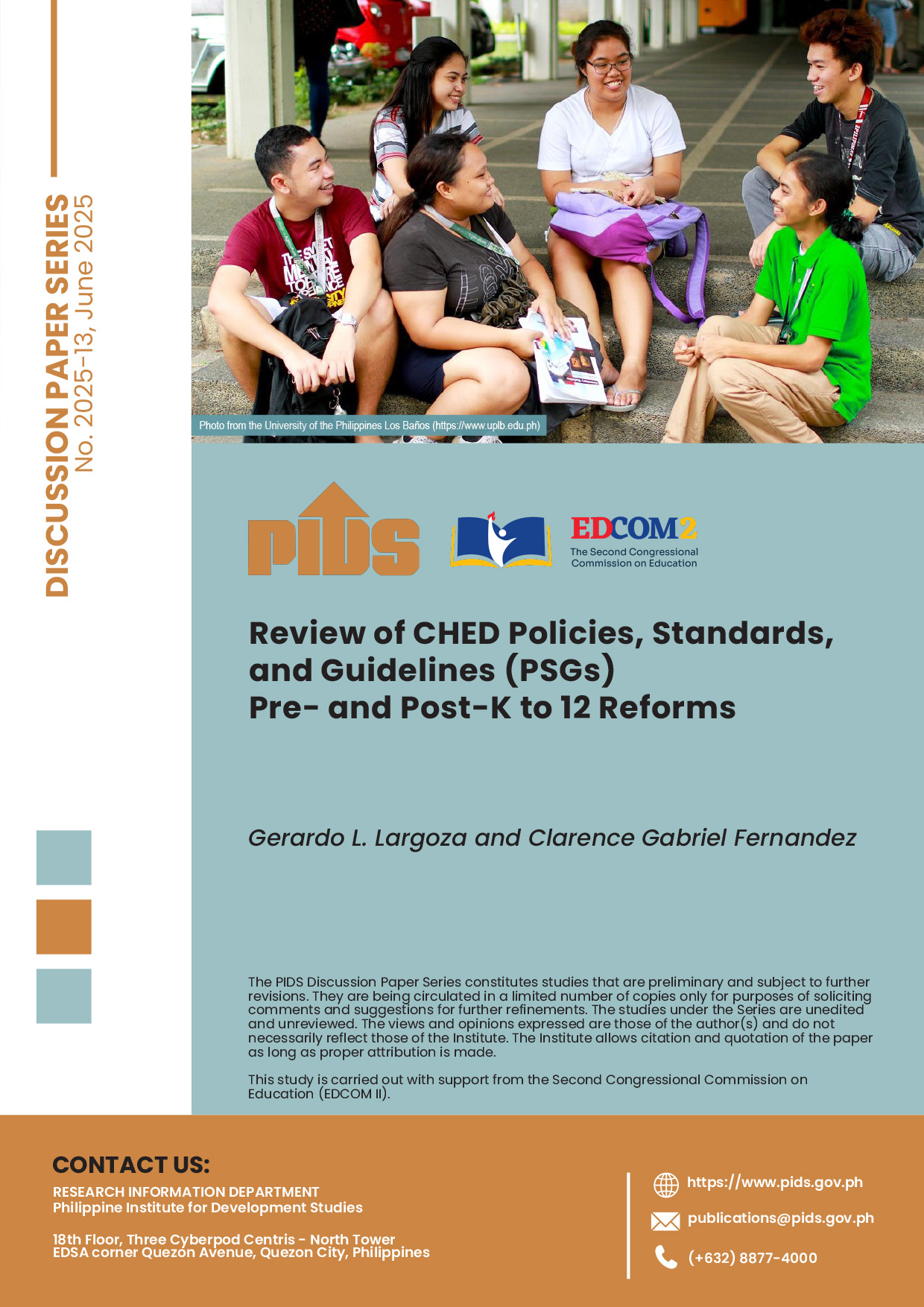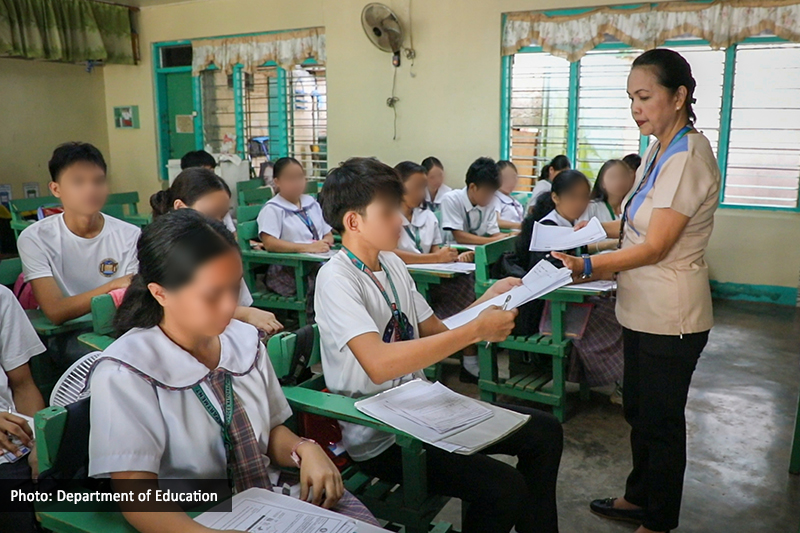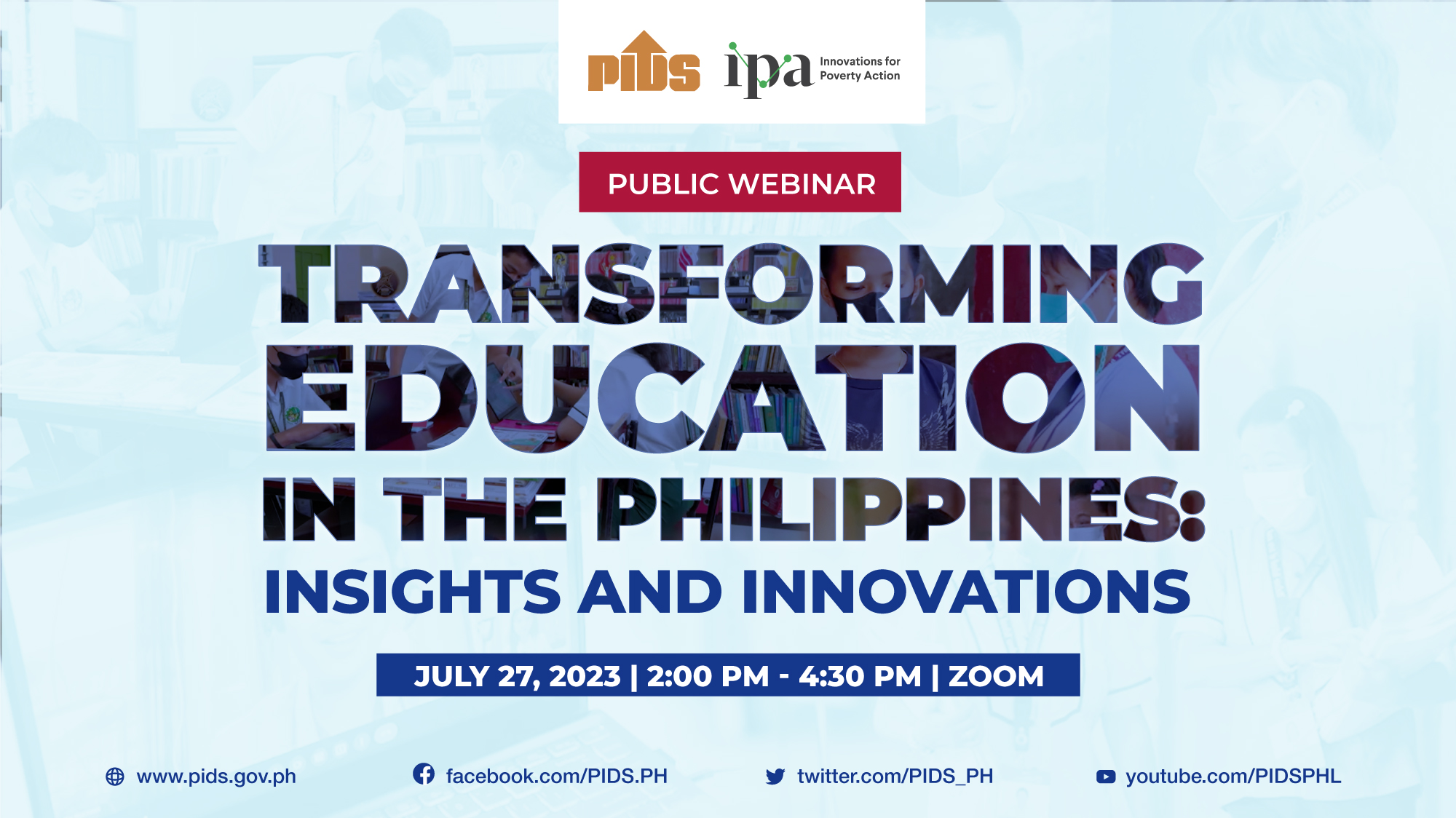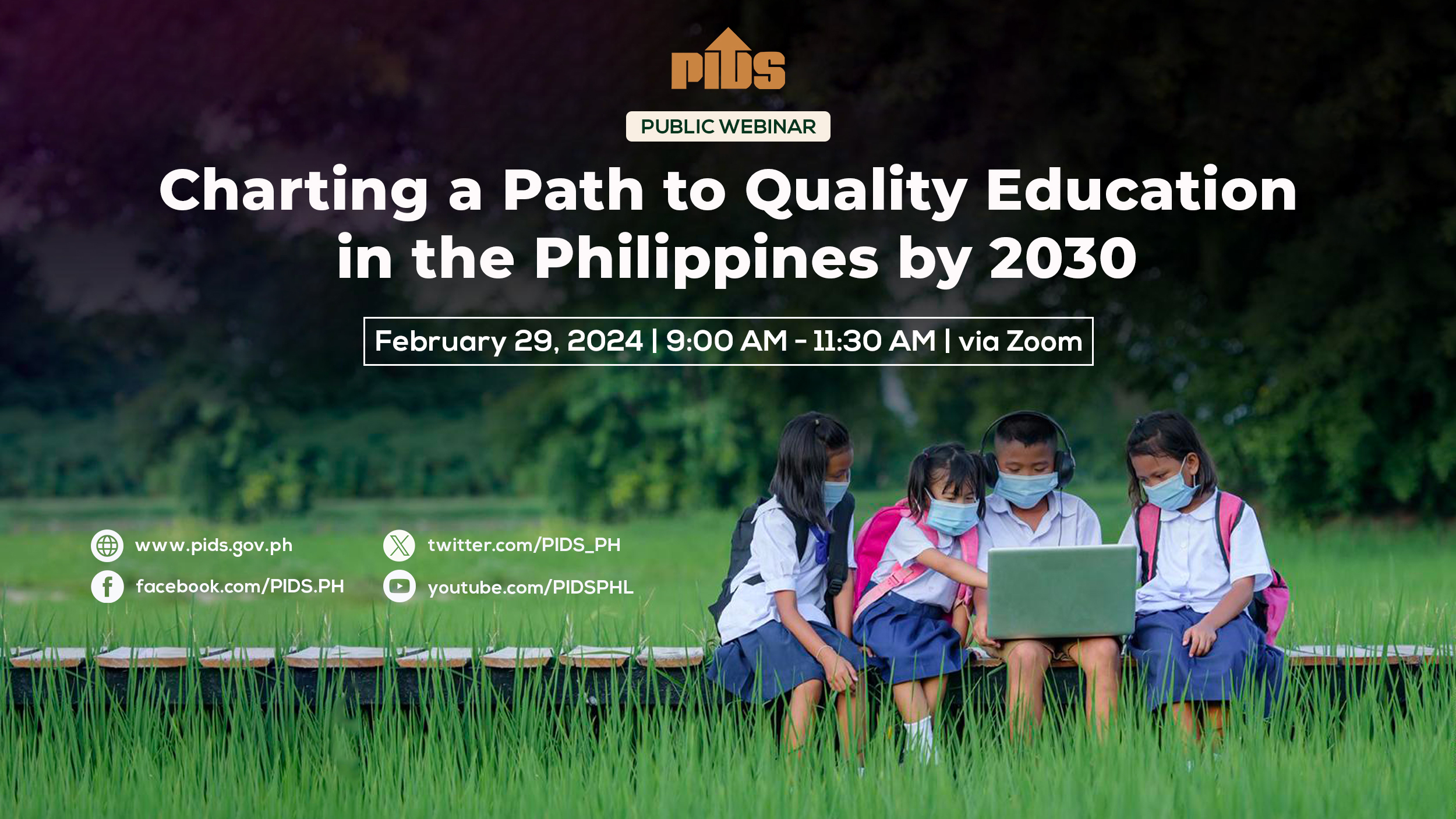MANILA, Philippines - Department of Education (DepEd) Secretary Armin Luistro recently hailed Albay as a model for the country’s basic education, for ensuring the welfare of teachers and students, delivering quality education, and providing sound school facilities.
Luistro was in Albay early this week for the Grand Summit on Senior High School, DepEd’s campaign for the K+12 program held at the Albay Astrodome. Some 4,500 educators and education stakeholders from the province’s four schools divisions attended the summit.
"Whenever I visit schools in Albay, I feel a great sense of pride. I have yet to see a school in Albay that is not cared for,” Luistro said in his keynote speeh during the summit.
Albay schools are known for their cleanliness and are well maintained by school heads. Many of the buildings have toilets, kitchens and water facilities and also serve as evacuation centers during typhoons
Albay’s pioneering education program, a brainchild of Gov. Joey Salceda, is among the programs conceptualized to have a lasting impact on development. It is of Albay’s two entries to the Galing Pook Awards this year, along with Team Albay Humanitarian Missions.
The K-12 program is "an essential ingredient in the recipe for poverty reduction,” said Salceda.
This program will lead to a more equitable country where our students will become more employable, and on a global standard,” he added.
Albay has put a high premium on education and is the only province in the country with a fully institutionalized Provincial Education Division (PED) approved by the Civil Service Commission and the Department of Budget and Management. Created by a Provincial Board ordinance, it seeks to ensure program consistency and continuity.
Under PED, Salceda launched the Albay Higher Education Contribution Scheme (AHECS), a scholarship assistance program that has sent to college some 77,137 students in the province since 2008. This is supported by a similar scholarship scheme for high school, the Education Quality for Albayanos (EQUAL) program. Further reforms enabled the province to vastly improve its performance in the National Achievement Test (NAT) where it rose from a poor 177th place in 2007 to 19th place in 2012.
Albay PED has an initial target of one college graduate for every Albayano family under AHECS, which has recently been upgraded to include another vocational graduate per family. Toward this end, Albay has forged a strong partnership with education movers that led to the creation of the Albay Council on Education, a multi-sectoral body composed of various stakeholders on education including the four DepEd division superintendents in the province.
Salceda said a strong education program is one of the formulas for Albay’s economic development and anti-poverty mission that includes programs in tourism, health, agriculture and business. He stressed that education, has an even higher investment recovery potential than road projects.
Albay has posted other outstanding gains in education: improved participation rate in NAT from 72 percent in 2007 to 98 percent in 2013 in elementary as per PIDS-UNESCO study; a vastly reduced school dropout rate of only 0.2 percent at present versus national average of 1.3 percent as per PIDS-UNESCO study; 76,137 scholars in tertiary education, the largest pool ever of 188,000 college graduates outside of national government, whether public or private programs.//

